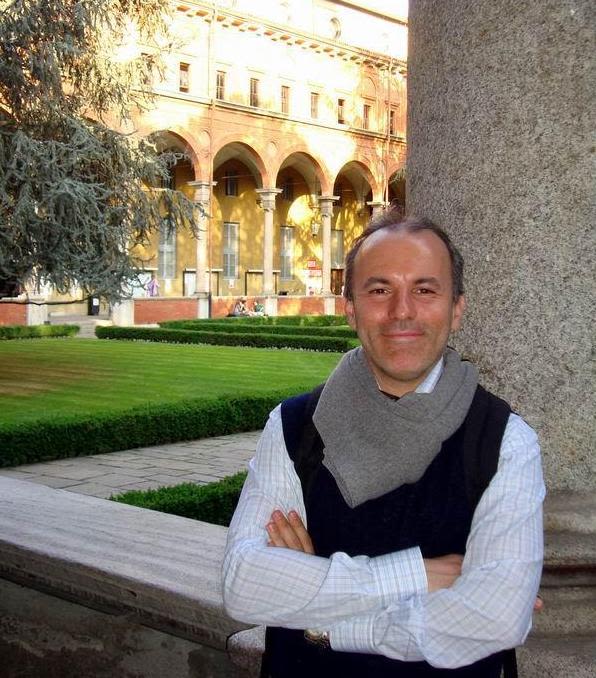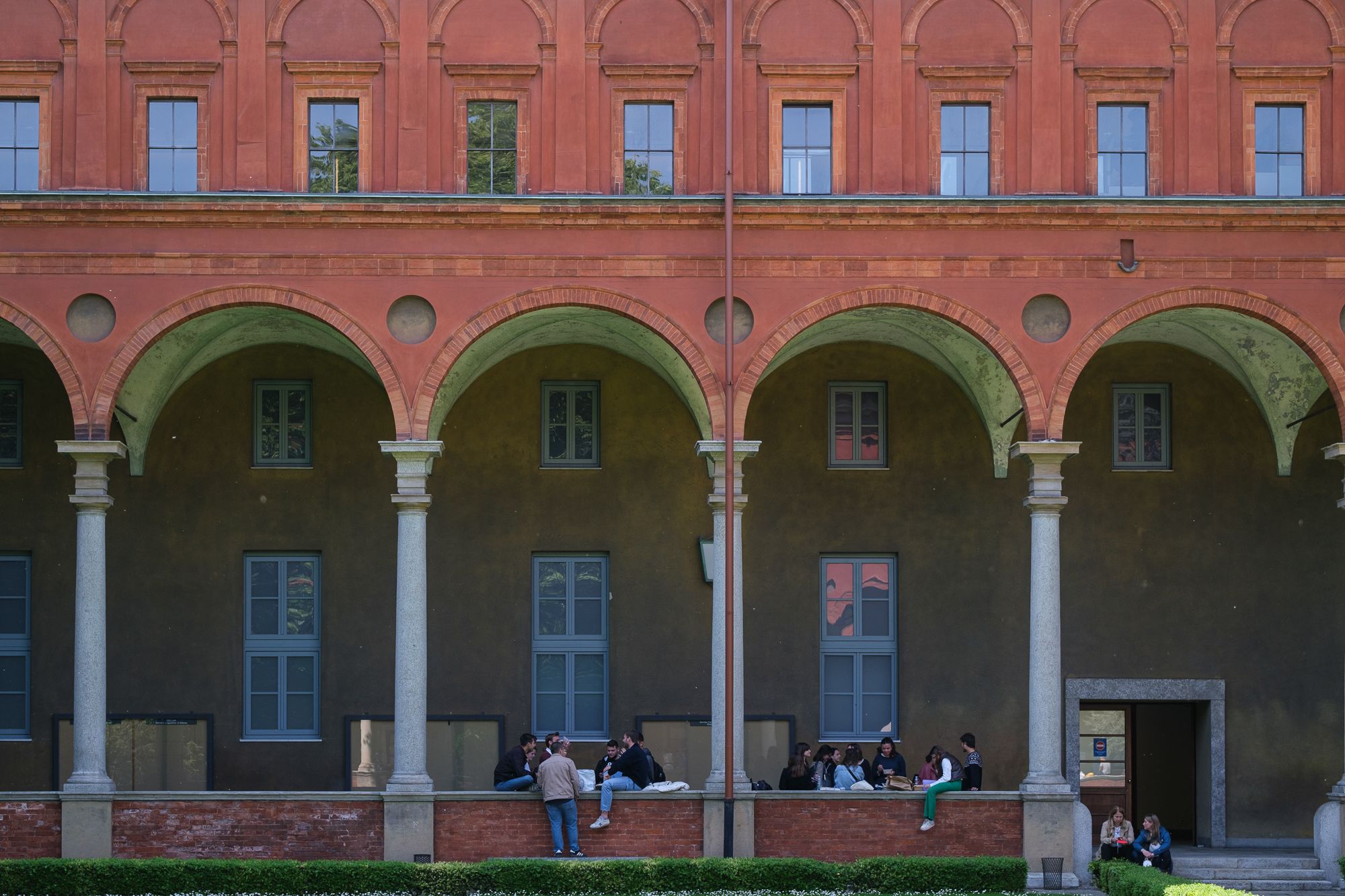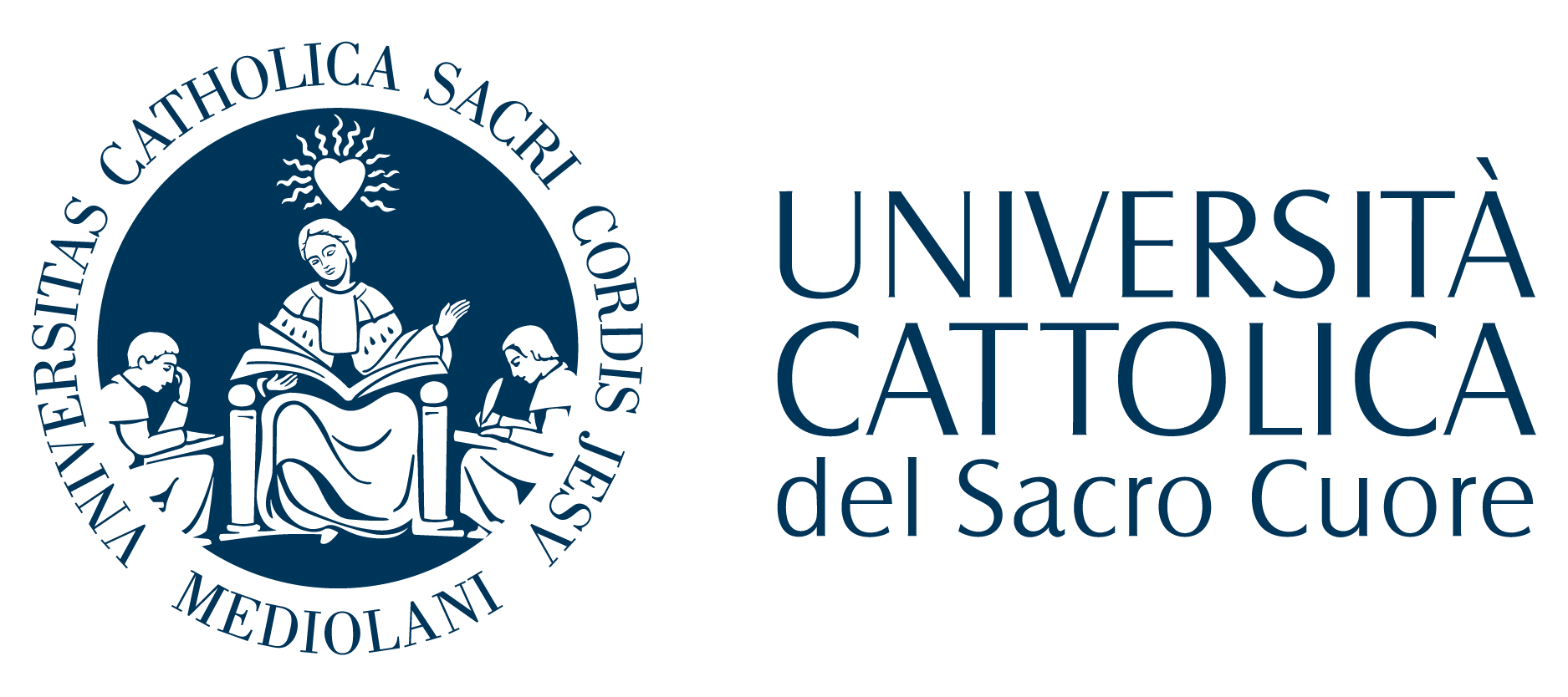Beyond a Dichotomy: Navigating the Nuances of ChatGPT

What is good science if not bound by the goodness of the questions asked?
As new technologies are being introduced into our everyday lives at a pace like never before, with each invention we seem to look at each other and ask, in panic, is this positive or negative? But as it may be, we might just be asking the wrong question.
In late November 2022, the world’s attention was brought to the launch of a chatbot: ChatGPT, created by San Francisco-based OpenAI, and within a week it had already reached over a million users. Unmistakably, it is an example of how the landscape is changing. Reflected in the way we interact and work but also in the way we educate; it is shaping and being shaped by Higher Education.
Despite its professed originality, the idea underlying technology such as ChatGPT, combining the strengths of AI and branches of the Humanities such as literary studies and linguistics, is something that has existed for longer than we might think. One of these stories takes us back to the year 1993, in the city of Milan, Italy.


An 18-year-old boy nervously made his way to Father Busa's office, an Italian Jesuit priest and Università Cattolica Professor. His dream of studying Classics weighed heavy on his mind, as his parents wished for him to study medicine. They had sent him there that day with the hope that he would be talked into changing his mind. But Father Busa's words were unexpected. He listened patiently to the young man's aspirations and then, instead of trying to sway him, encouraged him to follow his passion.
The boy's relief was beyond comparison, but just as the young man was about to leave, Father Busa stopped him with a final request. "Buy a computer," he said, "and learn how to use it to analyze text."
Now looking back, we can safely say that Father Roberto Busa was one of the pioneers of using computers for linguistic and literary analysis. A man far ahead of his time. And sitting in front of us now is the young boy who grew up to dedicate his entire career to the breath of what Busa had told him over three decades ago. Professor Marco Carlo Passarotti is not only a full professor but the Programme Director of the new and innovative MSc in Linguistic Computing, at Università Cattolica.
The degree came to life in response to the increasing demand for interdisciplinary expertise: linguistics and computing. “The course aims to teach students from humanities, how to formalize language so that a computer can process a big quantity of linguistic data, but it is also about training a formal mind in such a way that they can speak to the computer scientists, to the engineers,” Professor Passarotti explains.
Being the receiver of a two-million-euro ERC-Consolidator Grant to fund a groundbreaking research proposal with a high potential of innovation, Professor Passarotti also had the opportunity to put together a research team in Università Cattolica, which is pushing the boundaries of innovation. Relaying the power of combining the human mind - with its beautiful intrinsic errors and unbound creativity - with the formalized system of a computer.


And ChatGPT is a clear example of what this kind of interdisciplinary expertise can bring forth. As scary as it might be for many, sitting in front of our screens, looking at the sentences quickly taking shape, word by word, as they fill up the text box. Knowing that it is all being constructed by a chatbot. “You can ask it to write anything. An email, a story, a poem - you name it. You can even ask it to adopt a specific writing style.” Passarotti exclaims, but he also emphasizes that it does not come without its weaknesses.
He highlights specifically two of these weaknesses: reliability and biases. While the pitfall encourages us to always fact-check the answers, the latter reminds us of the fact the tool has learned from a world that indeed already contains biases - such as gender biases. It is therefore to be expected, and crucial to pay attention to, as these sorts of nuances might be reflected in the answers produced.
However, what Professor Passarotti especially highlights regarding its use. “What is most important is to understand how the tool works, to be aware of its limits. For every tool, you can use it in a bad or good way. Just take the internet as an example."
And this might just be the key point: ChatGPT is no more and no less than that: a tool. And whilst a tool can be used in a good or bad way, there is no inherent property that allows for the placement into a dichotomous categorization - losing all its shades of grey or, perhaps, even its colors. Framed in this sense, it becomes clear that our anxious question “is it positive or negative?” is all too narrow.
Because even though the exact role of ChatGPT is yet to be determined, at least one thing seems certain as Professor Passarotti smiles and says, "It is a new colleague, and it is here to stay.” Some may even be surprised when they realize the many ways we are already utilizing linguistic computing in our everyday lives.
As we navigate an unwavering paradigm shift, by approaching new technologies with a keen sense of critical thinking and responsibility: What are its strengths? What are its weaknesses? Curiosity can lead the way in how we choose to integrate it into our everyday lives and on our campuses. Just as we are constantly learning the importance of formulating the right questions, before trying to find any answers.


This content was paid for and created by Università Cattolica del Sacro Cuore. The editorial staff at The Chronicle had no role in its preparation. Find out more about paid content.


